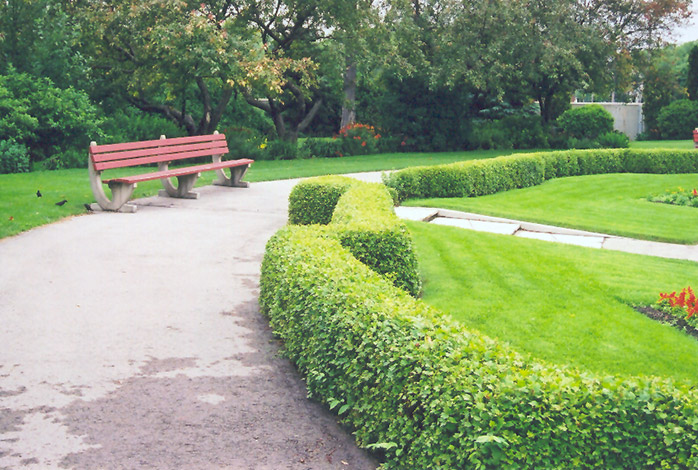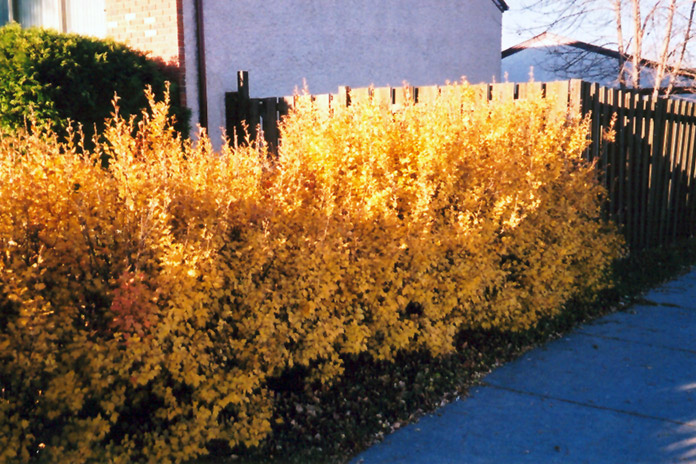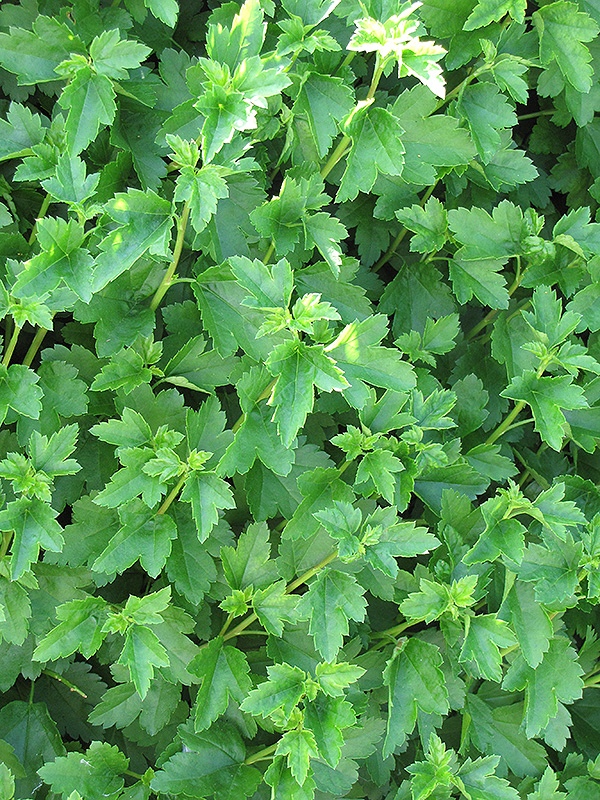PLANT FINDER
Height: 5 feet
Spread: 6 feet
Sunlight:
![]()
![]()
![]()
Hardiness Zone: 2a
Description:
An excellent low to medium-sized hedge or screening plant, densely branched with leaves to the ground, takes pruning extremely well, tough and adaptable; small yellow flowers in spring, good fall color; can be susceptible to mildew
Ornamental Features
Alpine Currant has rich green deciduous foliage on a plant with a round habit of growth. The lobed leaves turn yellow in fall. It produces red berries from late spring to early summer.
Landscape Attributes
Alpine Currant is a dense multi-stemmed deciduous shrub with a more or less rounded form. Its relatively fine texture sets it apart from other landscape plants with less refined foliage.
This shrub will require occasional maintenance and upkeep, and can be pruned at anytime. It is a good choice for attracting birds to your yard. Gardeners should be aware of the following characteristic(s) that may warrant special consideration;
- Disease
Alpine Currant is recommended for the following landscape applications;
- Mass Planting
- Hedges/Screening
- General Garden Use
Planting & Growing
Alpine Currant will grow to be about 5 feet tall at maturity, with a spread of 6 feet. It tends to fill out right to the ground and therefore doesn't necessarily require facer plants in front, and is suitable for planting under power lines. It grows at a medium rate, and under ideal conditions can be expected to live for approximately 30 years.
This shrub performs well in both full sun and full shade. It is very adaptable to both dry and moist locations, and should do just fine under average home landscape conditions. It is considered to be drought-tolerant, and thus makes an ideal choice for xeriscaping or the moisture-conserving landscape. It is not particular as to soil type or pH. It is highly tolerant of urban pollution and will even thrive in inner city environments. This species is not originally from North America.




